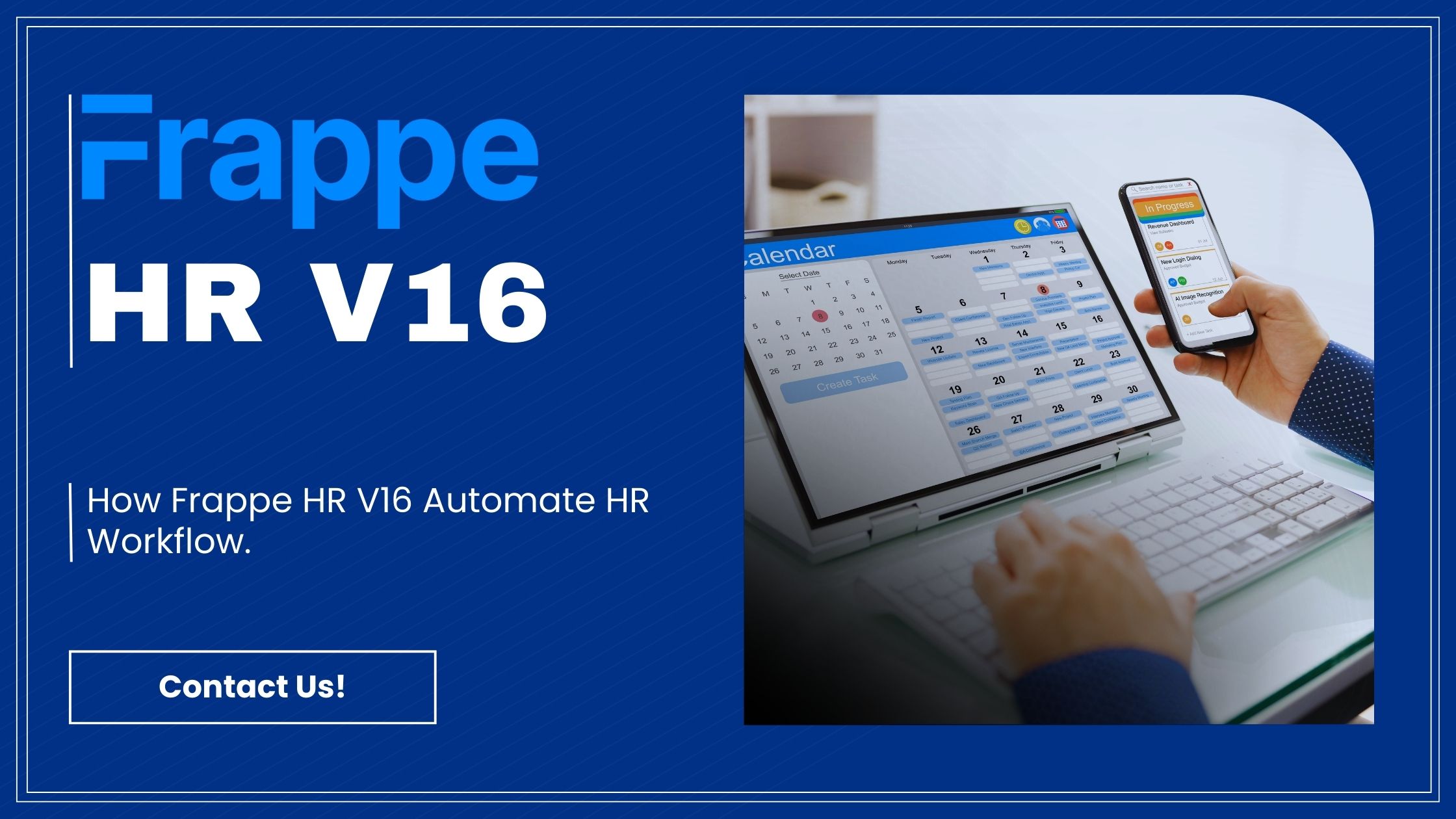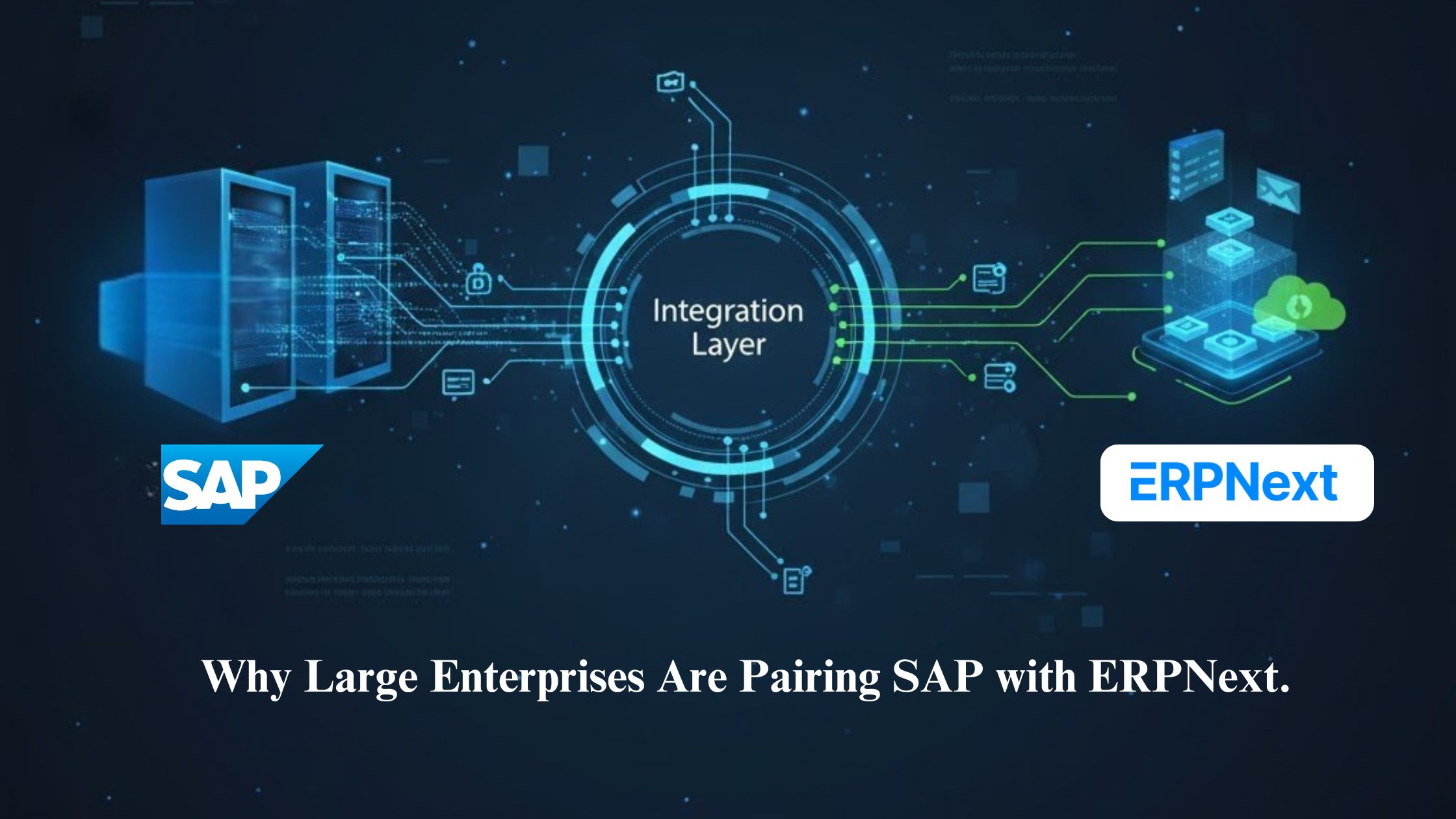Why Success Package Is important in this project
Morphing Machines faced multiple challenges from their initial ERPNext implementation: ranging from payroll discrepancies to poor adoption due to lack of training. The Success Package played a critical role in stabilizing their system, restructuring payroll and finance configurations, and ensuring users were empowered to operate independently. This not only resolved compliance issues but also created confidence in ERPNext as the central platform for their business operations.
Client Overview

Morphing Machines is a closely held fabless semiconductor IP products and solutions company, launched through the Technology Entrepreneurship initiative of the Indian Institute of Science, Bangalore.
Status of ERPNext Implementation Stage
Before engaging with Indictrans, Morphing Machines had already undergone an ERPNext implementation through a partner . However, the system was poorly configured, with critical HR, payroll, and accounting processes either incomplete or inaccurate, requiring corrective actions and structured adoption support.
Business Functions Automated Using ERPNext
- Payroll & HRMS (Salary, Additional Salary, Leave, Expense Claims)
- Finance & Accounting (Asset Depreciation, Credit/Debit Notes, Core Financial Reports)
- Compliance Management (Payroll integration with statutory deductions)
The Challenge:
- Incorrect mapping of salary components and accounting heads, leading to financial reporting inaccuracies.
- Incomplete setup of HR & Payroll features, forcing reliance on manual workarounds.
- A unique payroll requirement for deferred TDS deduction (April–June skipped, redistributed over the remaining year) was not addressed.
- End-user training was missing, causing low adoption and dependency on external support.
- Misconfigured accounting workflows led to unstructured entries in depreciation, credit notes, and asset management.
The Solution
Indictrans adopted a structured approach to address gaps and enable smooth ERP usage:
- Payroll & Finance Rectification: Salary components were correctly mapped with accounting heads to ensure accurate payroll postings and compliance-ready reports.
- Operational HR Streamlining: Configured Additional Salary, Compensatory Leave, and Expense Claims workflows, reducing manual effort and delays.
- Training & Adoption: Conducted structured user training sessions to improve ERP comfort, enabling self-sufficiency for day-to-day tasks.
- Accounting Cleanup: Corrected default settings, configured Asset Depreciation and Credit/Debit Notes, and provided process clarity to finance teams.
This proactive approach ensured compliance, streamlined operations, and improved user confidence in ERPNext.
Key Highlights
- Think of Special Cases Early
The deferred-TDS scenario showed that uncommon statutory flows must be identified and designed for during requirements gathering, not after go-live. - Right Setup is Key
Incorrect salary/accounting mapping cascaded into multiple reporting and reconciliation issues; a tight validation step early on prevents ripple effects. - Training Works Best
Many adoption problems were cultural/process gaps, solved more by targeted training than by additional customization. - Clear Records are a Must
Solutions (including custom ones) must preserve clear audit trails so finance teams can reconcile and auditors can verify. - Small Fixes Builds Trust – Resolving recurrent payroll inaccuracies had an outsized impact on user confidence in ERPNext.
Key Learnings for the Team Going Forward
- Anticipate and design for unique statutory requirements during discovery.
- Enforce strict configuration validation before go-live to avoid cascading errors.
- Prioritize role-based training as a core deliverable, not an add-on.
- Build solutions that are compliant and auditable.
- Use early post-go-live monitoring to catch and close issues fast.
- Define clear client ownership to reduce external dependency and accelerate adoption.
📨Get connect with our Success Package Team enhance your ERPNext success
🖇Follow Us on: LinkedIn!






